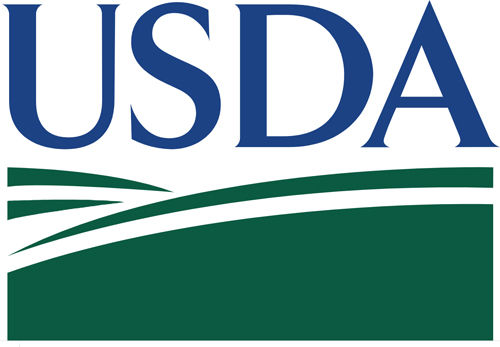
WASHINGTON – The US Department of Agriculture (USDA) has announced the availability of updated guidance that provides recommendations to strengthen documentation supporting claims related to animal husbandry or the environment regarding meat or poultry products. Today’s action builds on the important work USDA has done to protect consumers from false and misleading labeling and to implement President Biden’s Executive Order on Fostering Competition in the American economy.
“USDA continues to fulfill its commitment to fairness and choice for farmers and consumers, and that means supporting transparency and high quality standards,” said Agriculture Secretary Tom Vilsack. “These updates will help improve the conditions for businesses that use these applications authentically and ensure that people can trust the labels when buying meat and poultry products.”
Animal husbandry claims, such as “Raising Without Antibiotics,” “How to Feed” and “Free-Range,” and environmental claims, such as “Raised Using Regenerative Farming Practices” and “Climate Friendly,” is volunteer advertising. Reports that highlight specifics of how the source animals for meat and poultry products are produced or how the producer conserves or improves land or uses environmentally friendly practices. Documents submitted by companies to support these claims are reviewed by the USDA’s Food Safety and Inspection Service (FSIS) and the claims can only be included on the labels of meat and poultry products sold to consumers after they have been approved by the agency.
FSIS last updated its guidance on these applications in 2019.
In the updated guidance, FSIS strongly recommends the use of third-party certification to verify animal husbandry or environmental claims. Third-party certification of animal husbandry or environmental claims helps ensure that such claims are accurate and not misleading by having an independent organization certify that their standards are met on the farm for animal husbandry and taking care of the environment. The revised guidelines also specify stronger documentation for applications related to the environment and animal husbandry.
Additionally, the updated guidance recommends that organizations using “negative” antibiotic claims (eg, “Raised Without Antibiotics” or “No Bacteria Ever”) implement sampling and programs. a test to detect the use of antibiotics in animals before slaughter or obtaining third party certification. that includes testing. The amendments were informed by sample data, requests, public comments on those requests and comments received from many stakeholders.
Because of concerns about false claims for antibiotics, FSIS announced last year that the agency would conduct a joint study with the USDA’s Agriculture Service (ARS) to evaluate the validity of these claims. FSIS collected liver and kidney samples from 196 eligible cattle at 84 slaughterhouses in 34 states, and ARS analyzed the samples in a targeted manner for more than 180 veterinary drugs including groups. a large variety of antibiotics. The study found antibiotic residues in about 20% of the samples tested in the “Raised Without Antibiotics” market.
The action FSIS is taking with today’s publication of this guidance addresses these findings and makes clear that FSIS will take enforcement action against any entities found to be making false or misleading pesticide claims. – diseases. In addition, FSIS notified agencies of the positive results from the ARS-FSIS investigation and advised them to conduct a root cause analysis and implement corrective actions. FSIS also advised these facilities to determine how the antibiotics were added to the animal and take appropriate steps to ensure that future products are not mislabeled. More information about the study can be found in the Federal Register Notice announcing the availability of the updated guidance.
FSIS and ARS will publish a peer-reviewed paper containing the full results of the study soon. Research findings highlight the need to provide more robust evidence for such claims. These sample results may lead to further testing by the agency. FSIS has the authority to collect samples whenever it believes that a product has been mislabeled on any claim provided by the guidelines. In addition, FSIS may consider additional future actions, including random sampling and rulemaking, to further strengthen the evidence base for animal husbandry and environmental claims.
USDA is committed to continued involvement with stakeholders. For more information, please see the Federal Register notice. The revised guidance will be open for public comment for 60 days after it is published in the Federal Register.
USDA touches the lives of all Americans every day in many positive ways. In the Biden-Harris administration, the USDA is transforming the American food system by focusing on local and regional food production, fair markets for all producers, ensuring access to safe, healthy and affordable food. and nutrition in all communities, building new markets and sources of income for farmers and producers using climate-smart food and forestry practices, making historic investments in infrastructure and clean energy in regions rural America, and to commit to balance across the Department by removing administrative barriers and building a more representative American workforce. To learn more, visit www.usda.gov.
USDA is an equal opportunity provider, employer and funder.
#USDA #Releases #Updated #Guidance #Strengthen #Support #Animal #Husbandry #Environmental #Claims #Meat #Poultry #Labels #Breaking #News